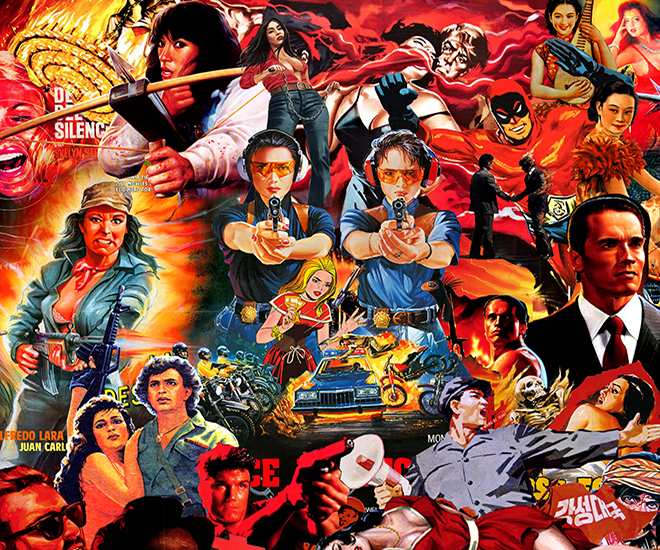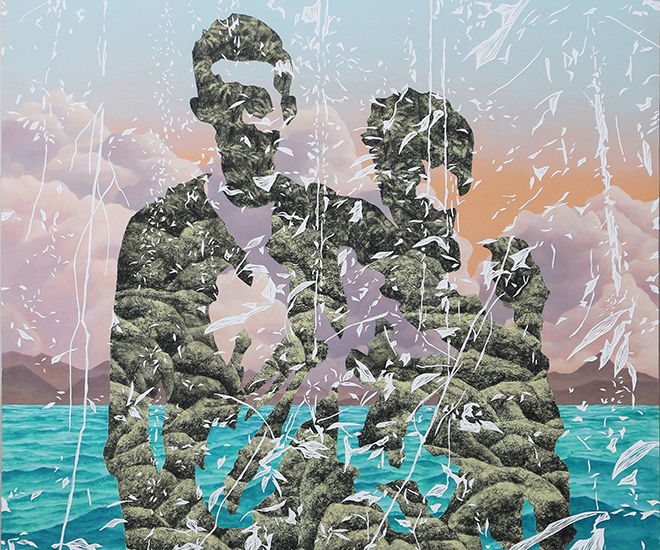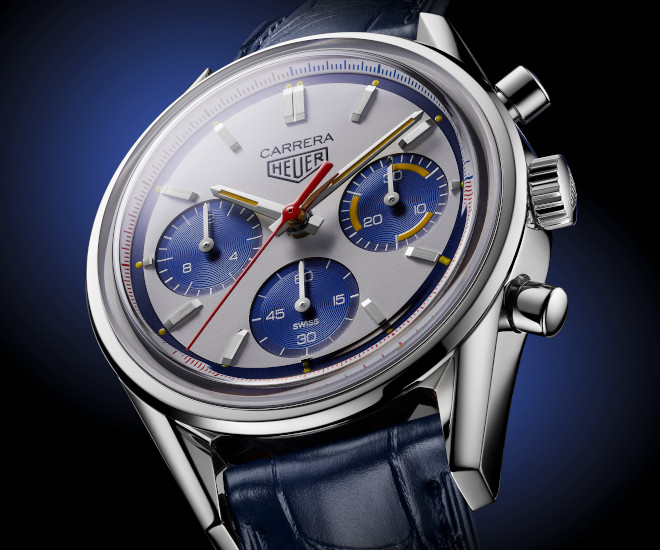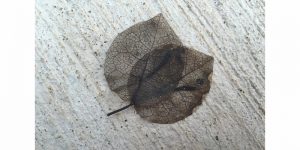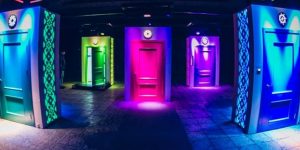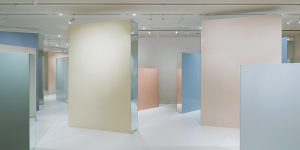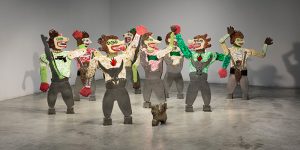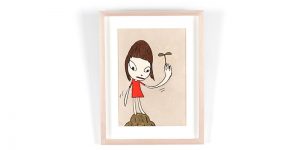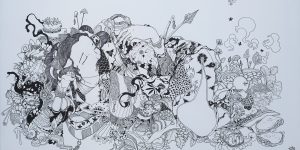Interview: Artist June Lee
Art Republik steps into the void with Singaporean artist June Lee.
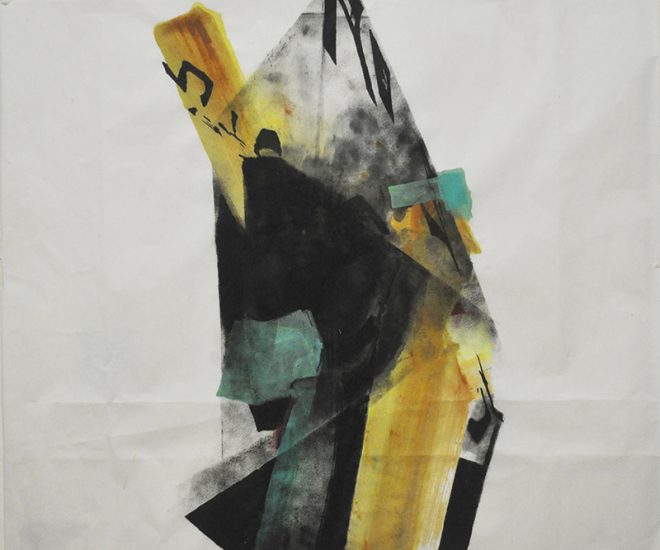
June Lee is a Singapore artist who works in varied media. ‘Cut in Space’ (2012) is a series of photograms in greyscale that capture spatial depth. This was followed by ‘Nightfall’, a second series of photograms that look like pictures of the cosmos but is interestingly made with ordinary household items. Thereafter, she created modest-sized nickel chrome on aluminium sculptures of curvilinear and angular forms in the series ‘I Wish Upon Many Stars’ (2015), which reflected the challenges she faces as an artist in Singapore.

June Lee Yu Juan, Tonight, 2015
Her latest series of paintings, ‘Calligraphic Matter’, represents a return to her work on Chinese ink paintings that she began years ago, together with her more recent exploration in sculpting. A selection of her works, both old and new, will be presented by Singapore-based Intersections gallery at the inaugural Art Stage Jakarta in August. Viewed together, they will reflect a key concern in her work: the desensitisation of youth towards their roots, including their ethnicity and their culture.

June Lee Yu Juan
Art Republik speaks with June to find out more about her artistic practice, her inspirations and what we can expect from her at Art Stage Jakarta.
After training in Chinese ink painting, you majored in painting, sculpture and metalsmithing at college. What motivated the transition, and has your background in the various art forms informed your artistic practice in unexpected ways?
I love to challenge myself, so I do not like to limit myself to a fixed medium or genre. Dabbling in various art forms has increased my confidence in art making which has pushed and created more possibilities in my art practice.

June Lee Yu Juan, Lost in Translation 3, 2013
What materials did you use for ‘Nightfall’?
Everyday household materials such as aluminium foil, cling wrap, plastic bag and flour were used. Instead of adopting a light greyscale colour scheme seen in ‘Cut in Space’, I chose to depict the beauty of the colour black. Pictures that looked like they were taken of the cosmos were created, highlighting the magical beauty of the mundane materials used.

June Lee Yu Jua, Composite 1, 2015
How did you approach ‘Calligraphic Matter’?
As I renewed my confidence in my art practice, I began to work on my old series ‘Void of Culture’, which I created in 2008 back when I was pursuing my diploma at the Nanyang Academy of Fine Arts. Going back to the series has renewed my interest in Chinese ink painting. Instead of being restricted and constrained by the traditions of the ancient art form, I decided to present new ideas in the art form, incorporating three-dimensional and volumetric qualities with calligraphic elements. My dabblings in sculptural forms have certainly contributed to my new approach to ink painting in this series.

June Lee Yu Juan, Lost in Translation 4, 2013
How do you go from concept to completion when creating a new body of work?
I will start a new project with a mind map of interesting words and phrases that are of relevance to each project. Having a collection of words and phrases helps in the development of my project. Upon selecting my preferred medium and materials, I would come up with sketches or mock-ups of my ideas. As the project develops, I may also discard my initial plan and work on the next idea that comes. I do not have a fixed plan in mind, as I am always undecided on my ideas. I would normally go with the flow of ideas as I work, allowing myself to make mistakes and detours.
You’ve expressed your concern about the diminishing stature of Chinese ink painting and culture through the ‘Calligraphic Matter’ series. What is it about Chinese ink painting that is continually appealing to you?
I have a love/hate relationship with Chinese ink painting. I love the quiet beauty and the essence of the art form, the spontaneity of ink on rice paper and the notion of chance in every piece of painting. However, I also feel burdened by the cultural history of the ancient art form. Trained traditionally, I followed the practices taught by the senior ink painters. I often felt alienated and could not relate to the art form. I even felt like giving up on my Chinese ink practice. Luckily, with some encouragement from like-minded people, I have decided to continue pursuing this art form by injecting new perspectives and alternatives to break traditions of Chinese ink painting.

June Lee Yu Juan Composite 5, 2016
You work in different media, from Chinese ink on rice paper to photographic prints to sculptures. Is there one particular medium that you are keen to experiment with or develop further in your next series of artworks?
I can’t wait to develop on a new series of sculptures. Incorporating unexpected materials will be on my to-do list as well.
What have served as sources of inspiration in your artistic practice?
Architecture has always been a constant inspiration in my practice. One of my favourite architects is Tadao Ando.

June Lee Yu Juan, A Wink of Dusk, 2015
What are your expectations of your solo show at Art Stage Jakarta?
Art Stage Jakarta will be my first showcase in Indonesia. I am grateful for the opportunity given. No expectations for now. Just taking it one step at a time!
This article was first published in Art Republik.
